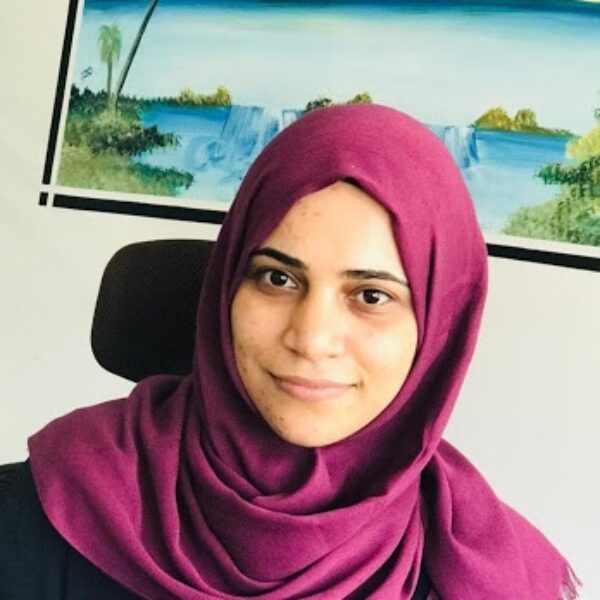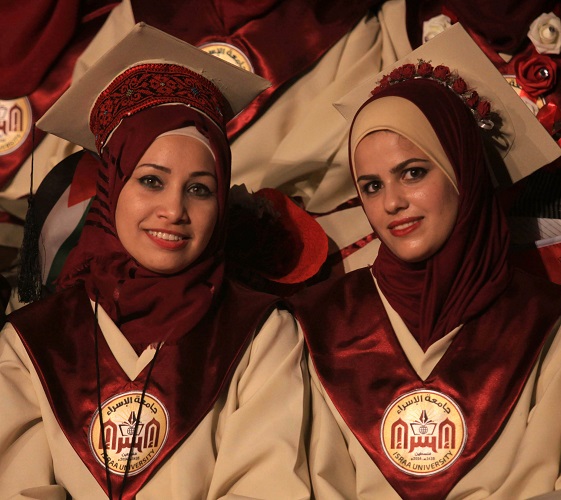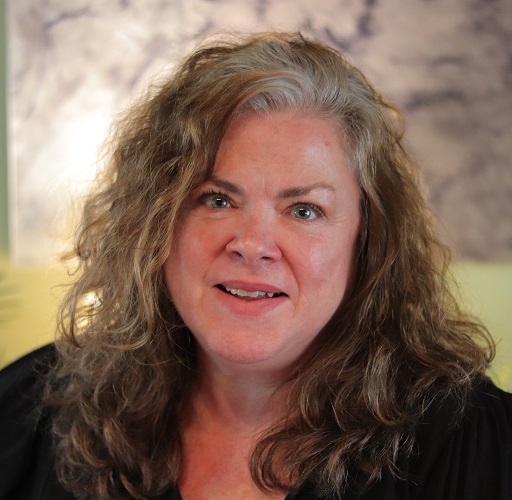
Life for university graduates in Palestine is a repetitive cycle of struggles. Every Palestinian graduate has a story of trying to find his or her salvation.
Nowadays, unemployment has reached 69 percent among the Palestinian university graduates, according to the Palestinian Central Bureau of Statistics. Making matters worse, closed border crossings prevent many Palestinians from traveling freely like normal people, even for work purposes.
A Palestinian graduate’s life is like a maze; everyone is trying to solve its ambiguous mystery by finding the right path. In this maze, graduates try to endure the struggles and hardships to find the reward, which lies in having a job, hoping that a better future is waiting for them.
Hussain’s Story
Hussain Al Hindi, 31-years-old, graduated from the Media and Journalism Department at the Islamic University of Gaza in 2011. “I had imagined myself to be a good journalist, correspondent, or a documentary film creator,” he said, “but it never crossed my mind that I was going to be a taxi driver.”
Hussain wanted to have a normal life with his family, studies, and job search after graduation, like his peers at that time, but life tested him in his family as well as his future.
“I wanted to make my family proud of me, to celebrate with me my graduation party, but I lost this chance when my father, mother, and sister died while I was studying at the university.” His whole life changed suddenly as he became the head of his family, paying not only his daily expenses but also supporting his two sisters, one of whom was studying in the university at that time.
He wanted to have a better future, so he worked and studied at the same time, believing that all his misery would end the day he graduated. He believed that finding a job that would cover his expenses and allow him to live a comfortable life would be his salvation.
When Hussain graduated, he went to his parents’ grave and said, “Dad, Mom—today I have graduated. I really wish you could celebrate with me on this day.”
He wanted to be a successful journalist, so he worked for a media company for a year and a half without receiving a salary, hoping that he would be hired. “The manager of the company promised to hire me, so I worked in news writing and editing, marketing, story writing, and other areas just to be ready when the chance came. But it was fruitless.”
After Hussain left the company, he applied for jobs related to media in plenty of places, but he received no response. He once had dreamed that one day he would run his own media company where he could write humanitarian stories about the Palestinian people. Instead, he became a taxi driver.
“Now, I am a family man with one little boy. There is no place for me to dream anymore; all I care about now is to take care of my wife and child. But I hope that one day I will have the chance to work in a real job, not as a taxi driver.”
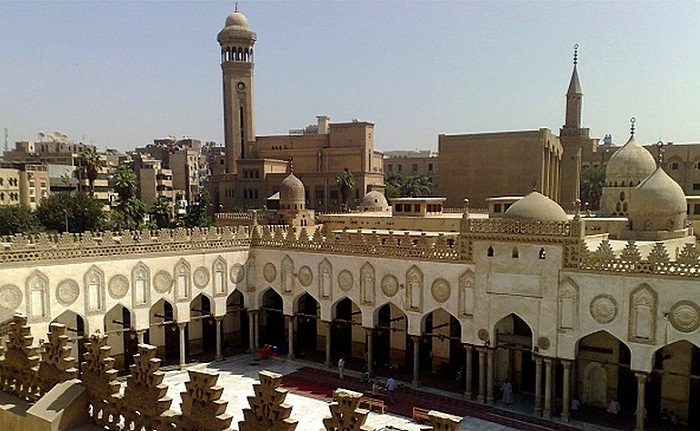
Dina’s Story
Dina Al Baragoni, 32 years old, graduated from the Media and Journalism Department at Al-Azhar University and began her own struggle with the Palestinian problem of unemployment.
“It was really hard when I took the decision to drop my university certification and convince my family to create a small income-generating business,” Dina said.
Dina’s family did not support her in finding a job or creating a business that was not related to her specialization in journalism. “I wanted to be a journalist, and it was hard to convince my parents that I should change my career path and work as salesgirl in a shop. They knew how much it would hurt me to do that.”
This attitude is typical of some Palestinian families. Because of social and traditional restrictions among the educated class, they prefer their daughters to work in the public or private sector, instead of owning a small business.
“I was depressed when I failed to find a job opportunity a year after I graduated," Dina said. "I know that one year without finding a job might not be a long time for some, but to a Palestinian graduate it might be a forever future.”
She continued, “When I found a job, it was not what I want or hoped for.”However, she took it because she believed that having something is better than nothing.
“I worked for a year and a half in an assembly related to women’s rights, where I earned $100 per month, without being promoted or receiving a raise. It was an assembly for women's rights, but they never gave me appreciation or my normal rights for my hard work as an employee; instead I found that there was a hired employee with a recommendation earning $400.”
Recently, Dina opened a small food business, offering home-cooked foods. However, the business closed after two months due to the economic deterioration in Gaza, in addition to the spread of the Coronavirus.
“I graduated 10 years ago and each year I tried my best to find a job, but it was useless and up to this moment I search for a job like a beginner.”
Now she works as a secretary in a medical clinic where she earns less than $150 per month, and sometimes less $100 due to the Coronavirus pandemic. However, she still hopes that one day she will work in a proper job related to her studies, like people in other countries are able to do.
Mohammad’s Story
Mohammad Khalid, 31 years old, is a civil engineer who currently lives in Germany where he pursued his Master’s degree in the infrastructure field. He is working for a company based in Germany, at a job that he sought for a long time in the Gaza Strip.
After he graduated, Mohammed wanted to find a job that would give him experience. He was full of enthusiasm and wanted to start his career as an independent grown-up , no matter how much the salary was. Contrary to what Mohammed expected, he started to live the life of unemployment and minimum wages, like many other graduates. After digging for job opportunities for more than a year but finding nothing in return, despair started to conquer him.
“Gaza has refused me and did not give me a proper chance or even small hope to continue living there,” he said. He started to search for another chance outside Gaza; luckily, he was accepted in a German university to complete a master’s degree.
Another obstacle appeared in Mohammed’s path, as he needed a bank account with $10,000, an important condition of the scholarship, which was impossible for him to fulfill at that time. (The $10,000 is required to cover living expenses while he was staying in Germany, especially at the beginning, so he would not be a burden to the country.) In addition, traveling from Gaza is not easy; it is a long and tough process. Mohammed would need to pay extra expenses for his travel through the Egyptian crossing.
At that time, he told his father in a desperate voice, “I feel worthless and I cannot find work no matter how hard I try.” Those words left his father with heartache; it pushed him to help his son to travel outside Gaza to seek a better life without wasting another year. In the blockaded Gaza Strip, it was tough for Mohammed’s father, who works as a tailor after losing his sewing factory, to collect this amount of money. He knocked on every door of his relatives and friends to collect the money, and finally after two months was successful.
“My father’s help gave me hope once again and it is the reason behind who I am today.”
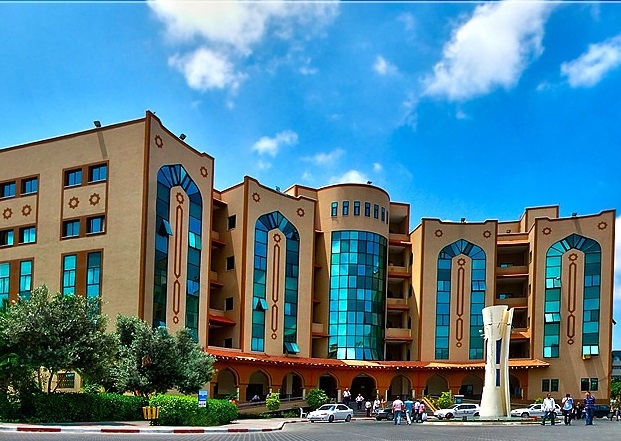
Sohaib’s Story
“It is hard to find a job opportunity, and university certification has become only a social prestige due to the spreading problem of unemployment,” said Sohaib Mahmoud, 25 years old, who graduated with a bachelor’s degree in the Arabic language from the Islamic University of Gaza in 2017.
Unlike many university students, Sohaib worked while studying in the university, in his father’s grocery store. He had to work much harder than his colleagues to complete his studies.
Sohaib used to believe that great effort can achieve the impossible, but reality has shown him it is useless and everything is just a matter of luck.
In addition to a bachelor’s degree, Sohaib has earned an education diploma, as well as a certificate in law and security studies. Ranked first in his class, Sohaib found two jobs, but he does not earn enough to cover his daily expenses.
“I applied for lots of jobs,” he said, “but I received no response and it was devastating to know that my efforts are worthless. I could see the pain in my mother's eyes and always hear her prayer for me to find a good job, and it always broke my heart.”
Sohaib reflected on the bitter reality of his experience. “I was an honor student; however, I worked for three months for less than $250.”
In 2018, Sohaib thought “my problem is solved” when Alawda University offered a job for the top five graduates in the law and security studies program, according to an agreement at that time between the university and the Ministry Of Education.
Sohaib took and passed the government annual exam, but it was not a sure thing for him, as the government was willing to accept only 400 graduates out of 40,000 applicants. He is now on the waiting list like many others, not knowing when he will be hired.
Sohaib also is studying for an M.A. degree in general administration, but he decided to drop his studies this semester. “I am not going to stay a university student forever; it is a waste of money and time.”
He continues, “My life is like a long road full of closed doors. Whenever I open one, another closed one is waiting for me.” Even though Sohaib knows that “most of the Palestinian graduates suffer from unemployment due to the economic deterioration in the Gaza Strip,” he still hopes that one day he can achieve his dream and work as an Arabic language teacher.
Noor’s Story
For a Gazan girl, hope lies in finding job opportunities and living an independent life. Noor, 29 years old, is an English-major graduate who thought that finding a job opportunity would be easy; instead, she became another job seeker living the repetitive cycle of unemployment.
Noor started to work as a freelance translator for a small wage; sometimes, she earned nothing. After long years of working as a freelancer, Noor got her first real job when she was 26 years old. It was late, but it is never too late for a Palestinian job seeker.
“I worked for more than 16 hours every day, because it was my chance to end my unemployment sufferings,” she said.
Once again, she faced another bitter reality of Palestinian graduates when she received her first pay-check—a long-awaited moment. She earned less than $100 for those long hours of hard work every day for a whole month.
“I was really shocked and devastated to earn such a small price for all my hard work.”
Later on, she worked as a translator and content writer for $250 for 3 months. She said, “I was satisfied, to me it was about gaining experience and feeling independent, earning my own salary like others. It was a feeling I want to enjoy forever.”
After she finished that contract, she started to search for a job once again as she used to do before. However, it was hard to find a job due to the economic and political deterioration; plus, companies started to demand many job requirements from job seekers.
“I still do not have a stable job and changing this fact is really hard in the Gaza Strip. Job requirements are increasing and the number of job opportunities do not cover the number of Palestinian graduates,” Noor explained. “Recently I was accepted in two different jobs, but lost these two opportunities due to the spread of the coronavirus.”
“I am in my late twenties and I hope to find work because being a job seeker for a long time is tiring.”
The cost of unemloyment
It is worth noting that increasing unemployment will lead to less productivity and creativity among youth in the working field. Low salaries will force workers to be satisfied with the bare necessities; they will not have the time or energy to aspire for more.
Unemployment is like a door that Palestinian university graduates must walk through, leading to a long repetitive of job seeking. It does not matter if you are highly qualified, experienced, or without qualification, because most graduates will face the same destiny. Some graduates seek work in other countries, hoping to have a better life outside Gaza.
Nevertheless, many Palestinians aspire to live and achieve their goals in the Gaza Strip—to achieve prosperity for their country. Many feel the way Hussain does: “We keep on living, not letting our reality destroy us. We will always hope for our chances to work and achieve our goals.”

